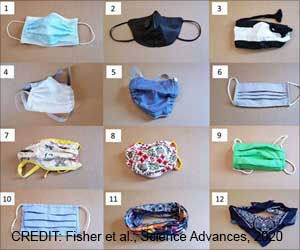Intelligence analysis software is being developed by the US to be used to predict future terrorist attacks, claims the software company making it.When complete, they say it will be capable of sifting through and analysing existing databases of information, both public and private, and spotting suspicious patterns of activity.
If such a system had been available it might have been capable of predicting the Oklahoma City bombing, and possibly even the World Trade Center disaster, says Anthony Bagdonis of Applied Systems Intelligence in Roswell, Georgia. "We're trying to predict these events before they even happen," he says.
The software is called Knowledge Aided Retrieval in Activity Context (KARNAC) and uses contours of different categories of terrorist attacks to seek out key components of possible events.
There are also technical challenges says Winn Schwartau, an information security expert with Interpact Security Awareness: "These sorts of systems would be expensive and require a lot of effort to overcome the compatibility issues of different types of database."
Bagdonis says the information for KARNAC would come from both structured and unstructured databases. The former includes gun registrations, driver's licences and criminal records, while the latter would include the internet and newspapers, journals and county records.
So, for example, the system might send an alert if someone tried to buy materials that could be used in bomb making, and booked a large truck and a hotel room near a government office.
This may seem unlikely, but it is the kind of information that was in fact available on databases before Timothy McVie detonated his bomb in Oklahoma City. "These small pieces of information don't have much of an impact on their own, but collectively they can be very important," says Bagdonis.
"The problem is most of these government agencies don't want to share their information," says Bagdonis. But even if they did, computer assistance in sifting the vast quantity of data would be required.
Although ASI is reluctant to explain precisely how KARNAC works, Bagdonis admits that reliability is an issue. "I can't claim that this is going to work 100 per cent without a snag," he says. But the data KARNAC is drawing attention to in tests is the same information that FBI agents have identified as important after an event, he says.
Nevertheless, in gaining acceptance, KARNAC may have an even greater obstacle the realization since the 11 September that even very smart technology can be rendered impotent by terrorists intent on carrying out previously unimaginable hazards.
|


















